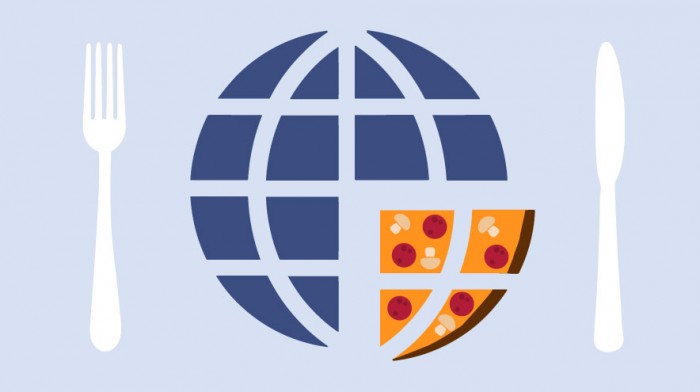When it comes to net neutrality, your internet service provider (ISP) is like your pizza delivery person. The ISP gives you access to all the websites online, while the pizza delivery person gives you access to all the pizza on the menu. Whether you order pepperoni or mushroom on your pizza, you would expect it to be delivered to your house with the same efficiency. Similarly, your ISP does not intentionally change the loading speed of your internet depending on the websites you browse. That is unless you live in the United States.
The equal treatment of websites by ISPs is known as net neutrality and the law, that ensures this treatment, was put in place in 2015 under the Obama administration.
This year, the law has been repealed by the Federal Communications Commission (FCC), in favour of an “open internet” where providers are able to adjust the loading speed of different websites based on their own financial considerations.
Returning to our analogy, this is the equivalent of the pizza parlour near you taking longer to deliver the pizza with mushrooms, in order to incentivise you to order their more expensive pepperoni pizza.
The difference is that while you might still pay the ISP the same rate for your internet, the online services which rely on the internet to reach their users will have to pay extra for speed, and on top of that, could be entirely blocked by ISPs.
Thus, the move to an “open internet” market risks stagnating the rise of innovation which the internet has previously allowed for and encouraged. “Fundamentally, ISPs intend to add fees and charges that will make it harder to share ideas,” explains Rebecca Jeschke, Media Relations Director and Digital Rights Analyst from the Electronic Frontier Foundation, “[...] imagine a new service for a high-bandwidth activity that hasn't even been invented yet trying to compete in that market.”
With net neutrality, if a unique startup improves upon the services of a bigger corporation, it has the chance to become a new supplier in the market. This is because the startup is not barred - by its financial infancy - from developing a substantial reach online.
Tech giants such as Google, Facebook and Amazon already have the upperhand on small startups as their online monopoly gives them access to large amounts of user data. An “open internet” will only feed these rich corporations further, denying innovators, with little data and finances, to compete on the same playing field.
The design industry has also grown immensely due to the global reach of digital media. Businesses have become reliant on web and graphic designers to attract their consumers. Net neutrality gave power to designers who could test and measure how users interact with digital media to create data-backed designs.
This was the beginning of human-centred design, an approach which is currently revolutionising how we tackle economic and social problems.
With the repeal of net neutrality, designers are placed in the backseat again. Businesses with money will attract users due to their high-speed access, and design will become a necessary, but secondary consideration.
There is one caveat for the ISPs, which is that they have to disclose their policies for “network management practices, performance, and commercial terms.” AT&T, Verizon and Comcast have declared that they will currently not block any websites, or offer paid fast lanes, but what is stopping these organisations from doing so in the future?
Although these ISPs claim that the “open internet” will not affect their treatment of web content, one has to wonder why they then fought so hard to repeal net neutrality in the first place.
Comcast Corporation, which is the largest internet provider in the United States, is also the owner of one of the world’s largest media companies, NBCUniversal. The “open internet” provides ISPs, such as Comcast, the power to move internet traffic to their own subsidiaries and further monopolise the web.
There is already a precedent for how ISPs may act within this regulatory framework. In 2013, for example, AT&T, Verizon and T-Mobile blocked Google Wallet on their phones as it was competing with their own mobile wallet (which happened to have the unfortunate name of “Isis”).
We are still in the early days of a post-net neutrality era in the United States, and therefore we do not know the full repercussions of the “open internet.” However, if you ever find yourself opting for the pepperoni pizza-equivalent web service because it loads faster than its competitor, then it might be time to question whether you’re missing out on some delicious mushroom topics only due to the manipulation of, now--all-powerful, ISPs.
More on the internet and design:
What blockchain means for art and art ownership
Bitlab enables blind people to browse the web with a responsive Braille display







